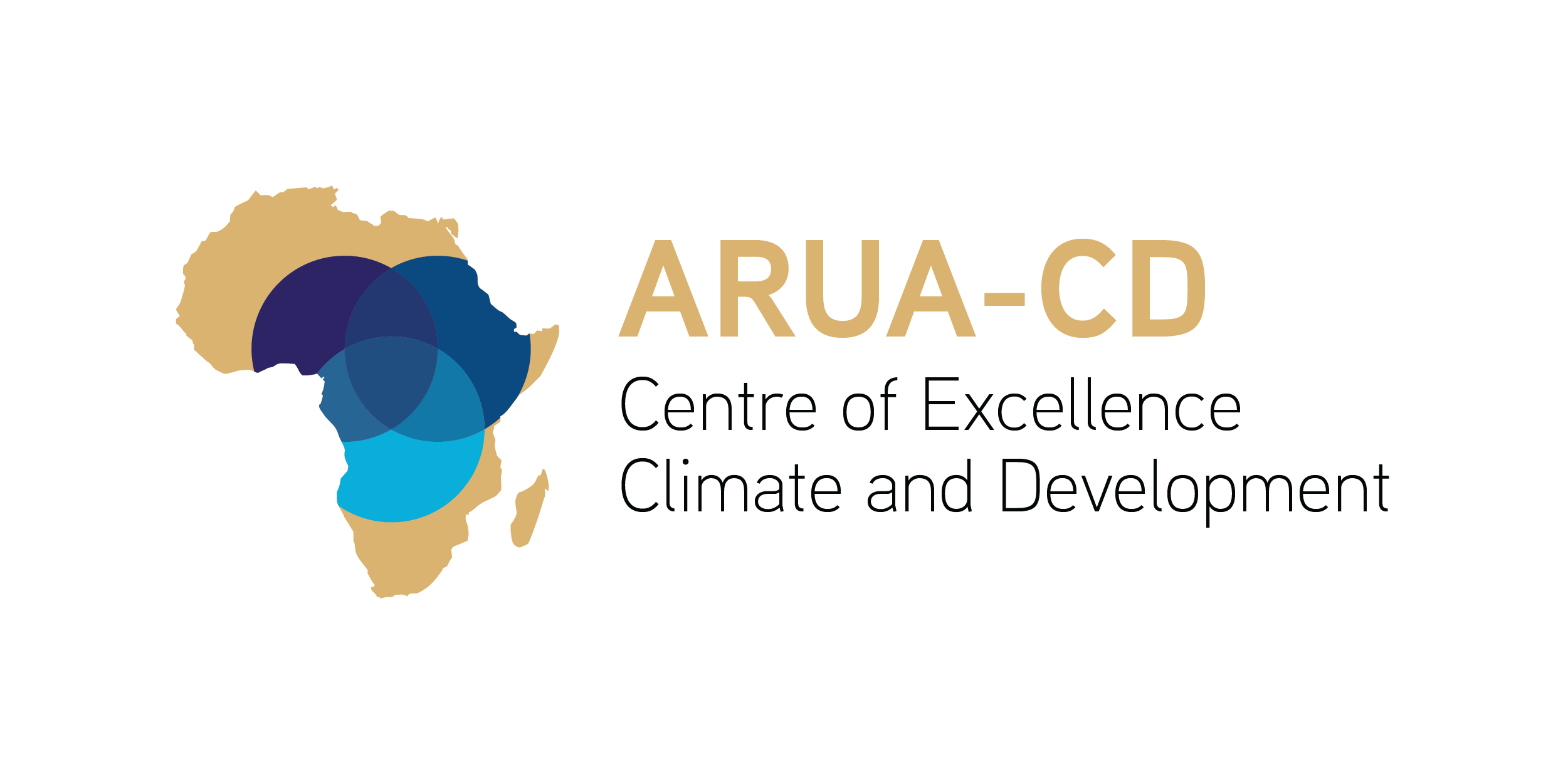Current Projects
Heat Adaptation Benefits for Vulnerable groups In Africa (HABVIA)
Robust evaluation of the environmental, health, and socio-economic outcomes of health adaptations are limited for Africa, especially in real-world-settings, despite high vulnerability to heat-related health risk. HABVIA aims to address these evidence gaps by gathering high-quality cohort data on physiological and mental health, alongside climate, environmental, and socio-economic information, in four heat-vulnerable study sites in South Africa and Ghana. The project will focus on two vulnerable groups, manual labourers, and informal/low-income house dwellers. As well as the development and testing of adaptation-relevant heat warning systems.
Tuwe Pamoja
“Tuwe Pamoja” means “Let’s be together” in Swahili and captures the essence of this CLARE project which runs from May 2024 to December 2026. The project is co-led by the Universities of Cape Town, Nairobi, Zambia, and Ghana, as well as Slum Dwellers International and C40 Cities Climate Leadership South Africa. The project aims to strengthen critical capacities across key urban actors (city officials, informal residents, NGOs, CBOs and researchers) to co-design and implement Nature-based Solutions (NbS) in ways that contribute to urban development that is just, sustainable and climate resilient, particularly for the most marginalised.
ALBATROSS - Advancing knowledge for Long-term Benefits and climate Adaptation ThRough hOlistic climate Services and nature-based Solutions
Africa is particularly vulnerable to the impacts of climate change, with Sub-Saharan countries facing severe environmental, economic, and social consequences due to increasing temperatures, droughts, and ecosystem degradation. This exacerbates issues like food and water insecurity, population displacement, and urbanisation in informal settlements, further increasing exposure to natural hazards. Governments face significant challenges in addressing these complex issues, which the Africa-EU partnership and the EU Strategy on Adaptation to Climate Change aim to support. The ALBATROSS project, with ACDI as a key partner, focuses on enhancing the capacity for climate services and nature-based solutions to help Africa adapt to these mounting challenges.
Past Projects
Transforming Social Inequalities through Inclusive Climate Action (TSITICA)
Africa has some of the highest global poverty rates, levels of inequality, climate vulnerabilities, and shortfalls in energy access. The TSITICA project explores how African societies can design and implement climate action to improve sustainable livelihoods, and reduce both poverty and inequality, working across Ghana, Kenya, South Africa and the UK. This project will involve close collaboration with leaders in policy and practice, and also with communities, so that their needs and priorities inform our research, and so that our research in turn shifts their thinking and actions.
Building African Capacity for Climate and Development Challenges
In Africa, where existing poverty and development challenges will be greatly compounded by climate and other global environmental change, it is fundamental to enable development that is equitable, low in carbon emissions, and resilient to existing and expected climate risks and impacts. However, in Africa, the community of professionals and researchers working on the complex interrelationships between climate change and development is relatively small.
Funded by the United Kingdom Research and Innovation Global Challenges Research Fund this project works to both maximise existing expertise and build new networks and communities of practice. Through our collaborative, multiscale and transdisciplinary research, we aim to:
- Better understand the climate and development challenges threatening Africa’s current and future wellbeing.
- Co-produce knowledge with society on how to respond to these new risks and challenges.
- Co-design, evaluate and sustain context-specific and culturally-appropriate innovations and solutions.
Climate-Resilient African Landscapes (CRAL)
Understanding the social and environmental impacts of climate change and other drivers of change in Africa requires systemic and longitudinal place-based research. Through a landscape scale of analysis and action it is possible to gain a systemic understanding of the interactions between global and local change and risk and individual livelihood options, agency and adaptation strategies. Landscapes thus provide an ideal unit of analysis for considering the interacting impacts of change on biodiversity, ecosystem services and local livelihoods, and for realising new pathways towards a more resilient future.
Focusing on climate change responses, the Climate-Resilient African Landscapes (CRAL) project is establishing landscape-level ‘living labs’ in South Africa, Kenya and Ghana to build a holistic, comparative and in-depth understanding of multiple components of each landscape. The team also interacts with communities and other stakeholders to identify problems and explore solutions to climate change and other systemic pressures.
CRAL is a research consortium within the World Universities Network. Its members include the Universities of Cape Town, Alberta, Leeds, Nairobi and Ghana.
20/20 Adaptation Professionals Programme
The 20/20 Adaptation Professionals Programme is supporting 20 adaptation professionals from Africa, Asia, Latin America and the Caribbean to work as Fellows in the run-up to the 2020 Climate Adaptation Summit to be hosted by The Netherlands.
The programme supports exceptional early and mid-career professionals with policy, private sector and research backgrounds to promote the implementation of the work of the Global Commission on Adaptation, including its flagship report to be delivered to the UN Secretary-General’s Climate Summit in September 2019 and subsequent Action Tracks.
Advancing Resilience in Low Income Housing Using Climate Change Science and Big Data Analytics (ADRELO)
Building resilience in the face of disaster risk is vital for vulnerable communities across the globe. Focusing on Brazil, East Africa and North America, this project investigates the barriers and drivers of technology adoption when attempting to enhance disaster resilience in vulnerable communities. Through the design and prototyping of affordable, disaster-resilient, low-income housing systems that use locally sourced materials the project team is working with the Kenya Red Cross Society (KRCS) to generate data and information through action-based. Furthermore, the IGAD Climate Prediction and Application Center (ICPAC) brings together eight East African countries with some of the key functions being disaster risk management, climate monitoring and early warning, dissemination and awareness raising, and capacity building.
